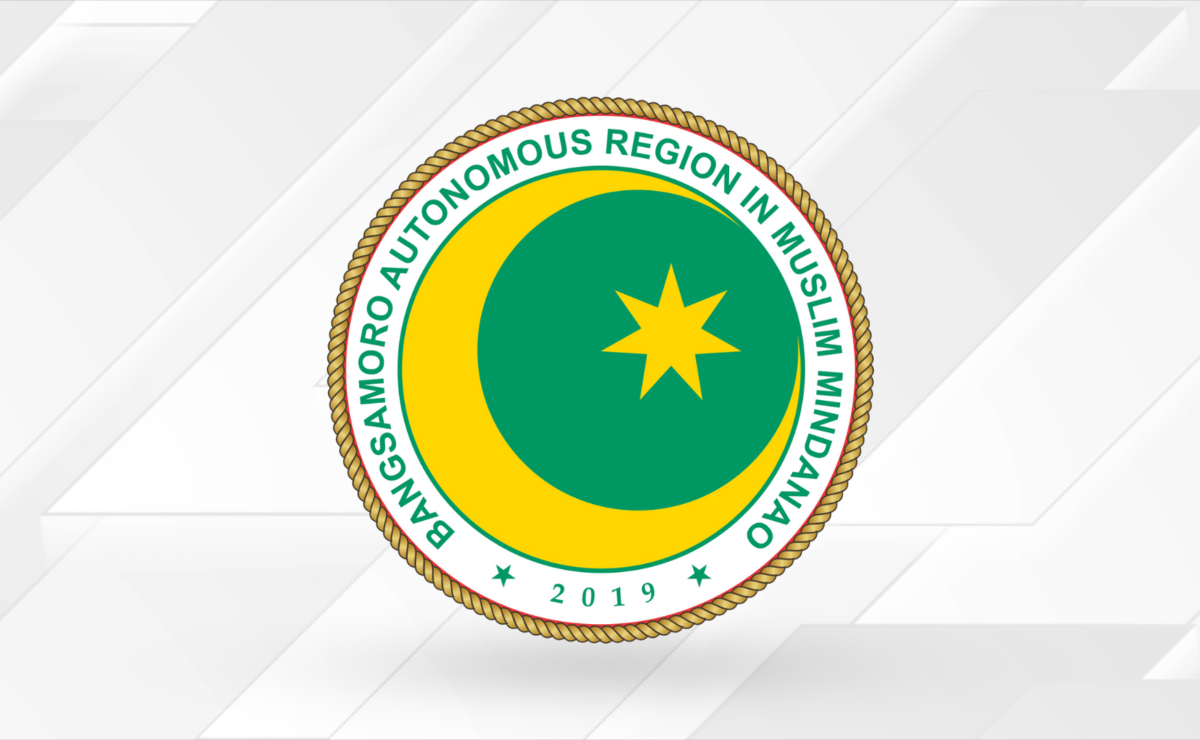Lente: ‘None of the above’ option should ‘impact’ Bangsamoro polls

Bangsamoro Autonomous Region in Muslim Mindanao.
MANILA, Philippines — An election watchdog on Wednesday urged the Bangsamoro Parliament and the Commission on Elections (Comelec) to establish a clear policy allowing the “none of the above” (Nota) option to “impact” the upcoming Bangsamoro polls if chosen by voters.
In a position paper, the Legal Network for Truthful Elections (Lente) said that voting for none of the above is a “legitimate and powerful expression of dissent that registers public dissatisfaction with the choices offered.”
The group said an “ideal policy framework” involves the said option having an effect on the elections, noting that it “enhances accountability, transparency and inclusiveness in the electoral process, thereby strengthening public confidence in our democratic institutions.”
“By capturing this sentiment within the official results, Nota prevents voter disengagement from being hidden in abstention or invalid ballots and instead channels it into constructive feedback for the political system,” Lente said.
“In this sense, Nota operates as both a democratic safeguard and an instrument for building a more responsive and accountable government,” it added.
Lente noted that an abstention is “the passive failure or refusal to vote,” which often arises from “apathy” or “disengagement.” Meanwhile, voting for none of the above “is an affirmative choice,” and is a “deliberate act of expressing disapproval of all candidates running for a given position.”
READ: ‘None of the above’ option in BARMM polls questioned
Currently, the legal framework of the Bangsamoro parliamentary elections is “insufficient” in allowing none of the above to “win” an election, the group said.
According to Lente, the option cannot be considered when computing for the allocation of seats for the regional parliamentary political parties, as it does not fall within the definition of a political party provided in the Bangsamoro Electoral Code.
The code as well as its implementing rules and regulations (IRR) define regional political parties as “organizations formed by a group of citizens in the Bangsamoro on the basis of the same ideology and common aspirations.”
“Therefore, only the valid votes cast for political parties shall be considered in computing the 4-percent threshold and the subsequent steps in proportionally allocating seats to parties based on the votes they received,” Lente said.
The group also clarified that voting for none of the above should not affect the election of district representatives, since it cannot be considered a candidate.
They noted that the IRR of the electoral code defines a candidate as an individual who has filed a certificate of candidacy. Consequently, the Nota cannot be regarded as a candidate, as it is not an individual.
Lente argued that lawmakers did not intend for the Nota to have a direct effect on the elections. The group pointed out that the provision outlining the inclusion of such an option could only be found in the section defining the form and contents of the official ballots.
“By placing it in a section on ballot design and rules on election campaign, lawmakers signaled that Nota was intended as a ballot feature to capture voter sentiment, not as a rule governing the proclamation of winners,” the group added.
READ: Comelec: Ballots for BARMM polls have photos of candidates
However, for Lente, choosing the Nota should ideally “impact” the results of the elections, “whether [it] gains a plurality or majority.”
The group urged the Bangsamoro Parliament and the Comelec to “enhance” the electoral code so that the option would have a tangible effect on the polls, currently scheduled for Oct. 13.
It also called on the public to view none of the above as an “empowering tool” to hold candidates and political parties accountable, while asking election stakeholders to further educate citizens on the value of having such an option.
“While Nota is currently unable to impact election results, the value of Nota is not lost,” Lente said. “Even as a symbolic vote, Nota serves as an important barometer of political legitimacy, sending a signal to parties, candidates, and institutions that citizens expect higher standards of leadership and governance.”/mcm


















